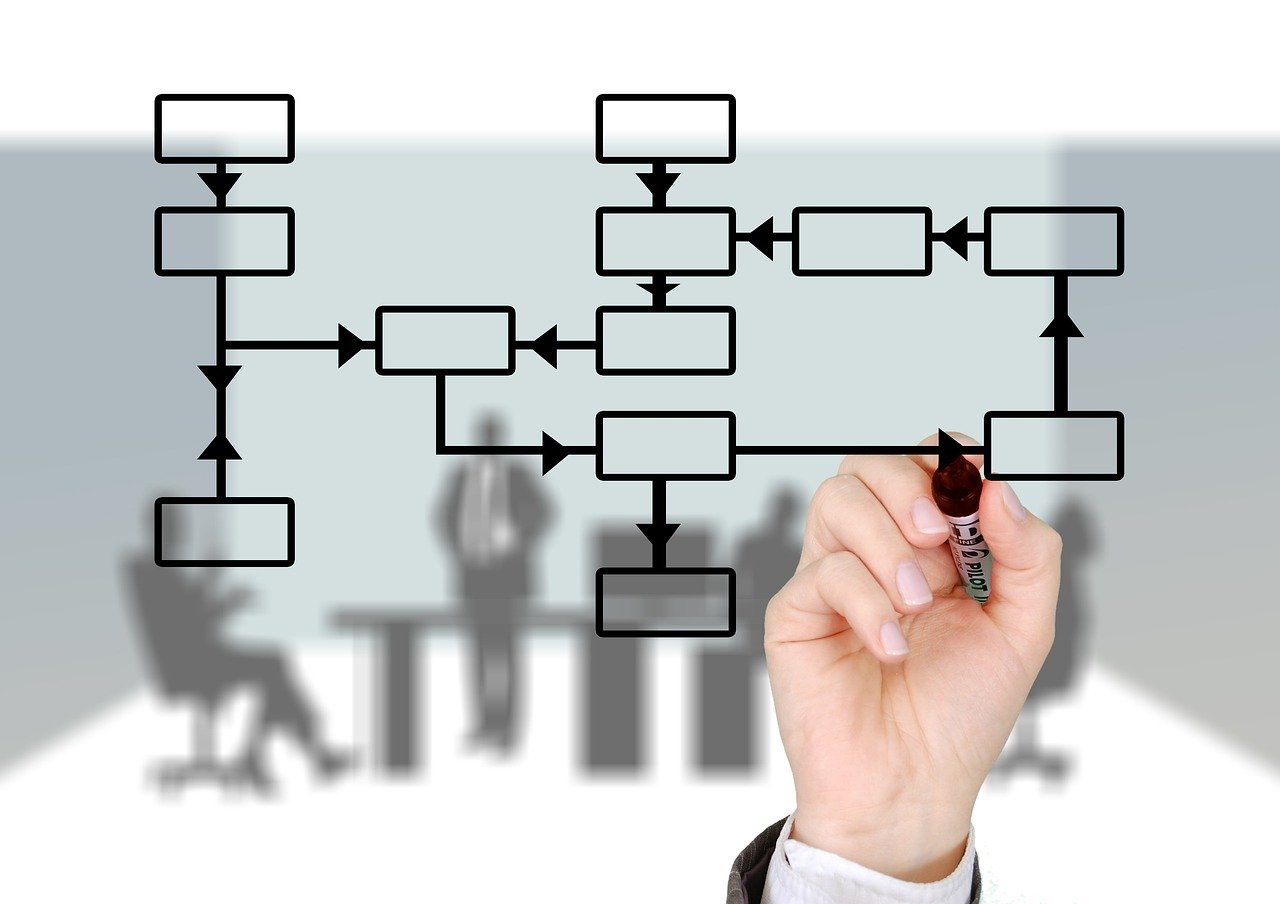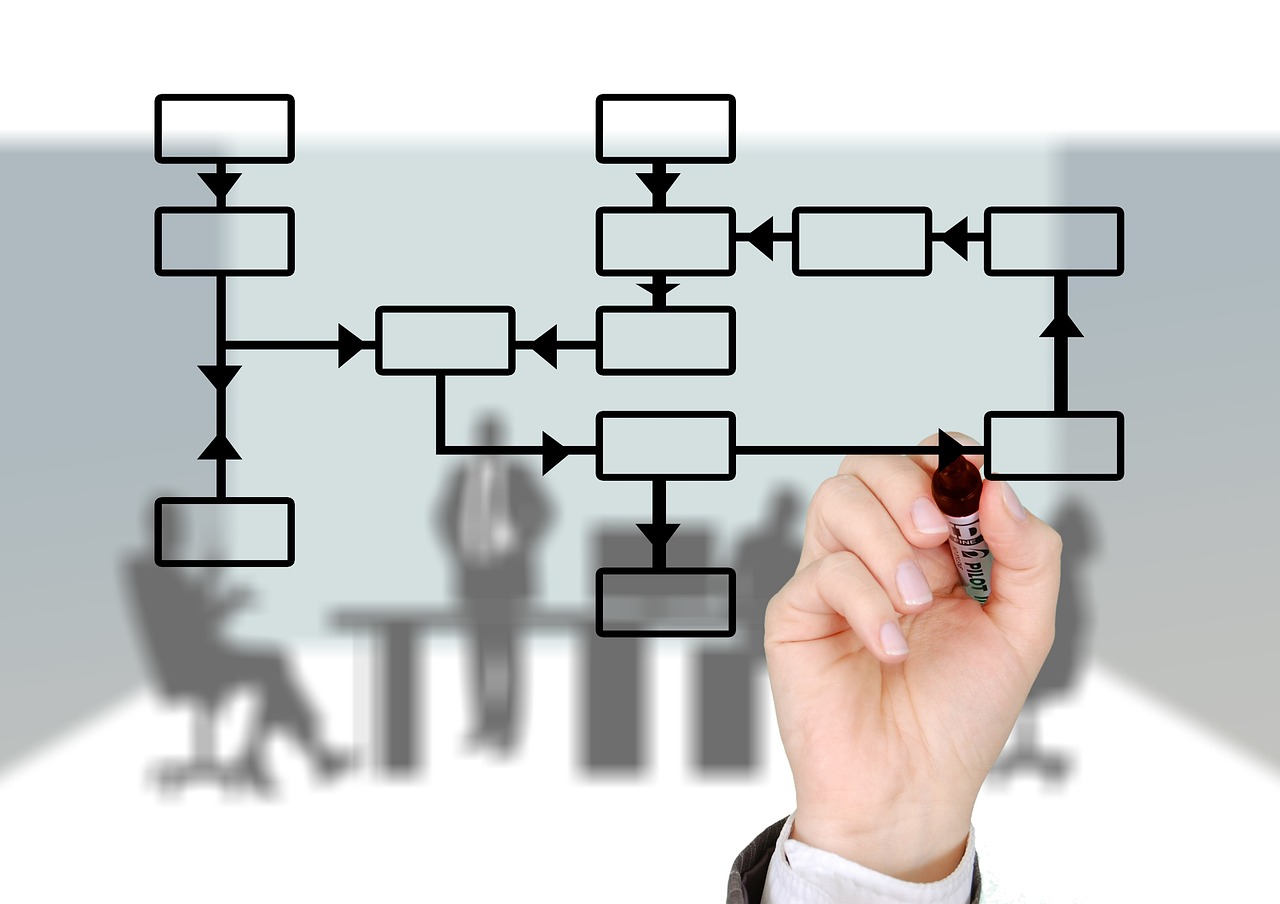
What is Family Mediation
Your relationship is in distress and you're looking for a relationship counsellor. However, how do you know if Mediation (more regularly promoted as Family Mediation) is what you're really seeking? Are mediation and counselling the same services, or are there important differences? Here we'll discuss an introduction to family mediation for gay families...Family Mediation – A Different Purpose to Counselling
You’re looking at this website because your relationship is in trouble. You believe (or hope) that relationship counselling will help you and your partner(s). Your relationship may be acting very differently than it used to, and you require an intervention that you hope counselling will provide.
You may be correct with your hopes about counselling, but are you actually looking at the right service for your specific needs?
Might you really be seeking Family Mediation?
Comparing counselling and mediation In a (very small!) nutshell:
- Relationship Counselling: supports parties who may wish to reconcile and who need to explore historical problems and deep-rooted historical issues that led to the current situation in order to make more informed decisions on reparation (or consider moving towards separating). The relationship is able to find ways to co-operate and build a working/therapeutic alliance that supports the therapy work.
- Family Mediation: supports parties who wish to separate amicably and need assistance in maintaining boundaries, keeping discussions targeted towards the future, minimising “blaming-behaviour”, taking a neutral facilitator on their journey to assist them in planning and carrying out the plans.
To the layman: Relationship Counselling and Family Mediation may look very similar, but they’re not one and the same.
The two services have quasi-comparable skills (which is why it may sometimes be difficult to decide which professional service is most suitable). Mediators are not counsellors/therapists, and counsellors are not mediators.
Five Reasons to Choose Family Mediation
Let’s expand a bit more on this subject. For the detailed low-down on Family Mediation, though, you’re advised to review some Family Mediation websites written by professional mediators.
Family mediation and relationship counselling serve different purposes. The appropriateness of one over the other depends on the specific circumstances of your relationship.
Here are five reasons why family mediation may be more appropriate than relationship counselling in certain situations:
- Conflict Resolution: Family mediation is particularly effective when there is a specific dispute or conflict that needs resolution, such as disagreements over child custody, the division of property, inheritance issues, or complex terms involved in the termination of a relationship. Mediation focuses on finding practical solutions to these specific issues going forward, whereas relationship counselling primarily addresses broader emotional and communication issues (sometimes looking into the past).
- Neutral Third Party: In mediation, a neutral mediator facilitates the discussion between the parties, helping them reach a mutually acceptable agreement. This impartial third party can be especially beneficial in situations where there is a significant power imbalance, when emotions are running high or when parties have distinct needs from the (ending of the) relationship, as they can ensure a fair process.
- Focus on Future Cooperation: Mediation encourages parties to look forward and find practical solutions that allow them to cooperate in the future, especially in family-related matters like co-parenting, business partnerships, or family assets. Relationship counselling may delve into past issues and emotions to learn how the relationship arrived at the present situation (which may not be as conducive to resolving specific conflicts).
- Flexibility: Family mediation is a flexible process that can be tailored to the unique needs of the parties involved. It allows for creative solutions that may not be addressed in a structured counselling setting. This adaptability can be advantageous when dealing with complex family dynamics or business disputes.
- Privacy and Confidentiality: Mediation sessions are typically confidential, meaning that what is discussed during the mediation process remains private. In contrast, relationship counselling may involve sharing personal details and emotions in a group setting or with a counsellor, which may not be suitable for individuals who value their privacy.
It’s important to note that the choice between family mediation and relationship counselling should be made based on the specific issues and goals of the individuals involved. You may have begun with one service (e.g. counselling) which may have assisted you in moving to mediation (and vice versa), which is perfectly acceptable. Family mediation is available for a gay family as well as for straight families – don’t let the lack of LGBTQ+ identification (on websites etc) put you off looking for a suitable service.
Considering Family Mediation? Discuss your needs with suitably qualified professionals.








